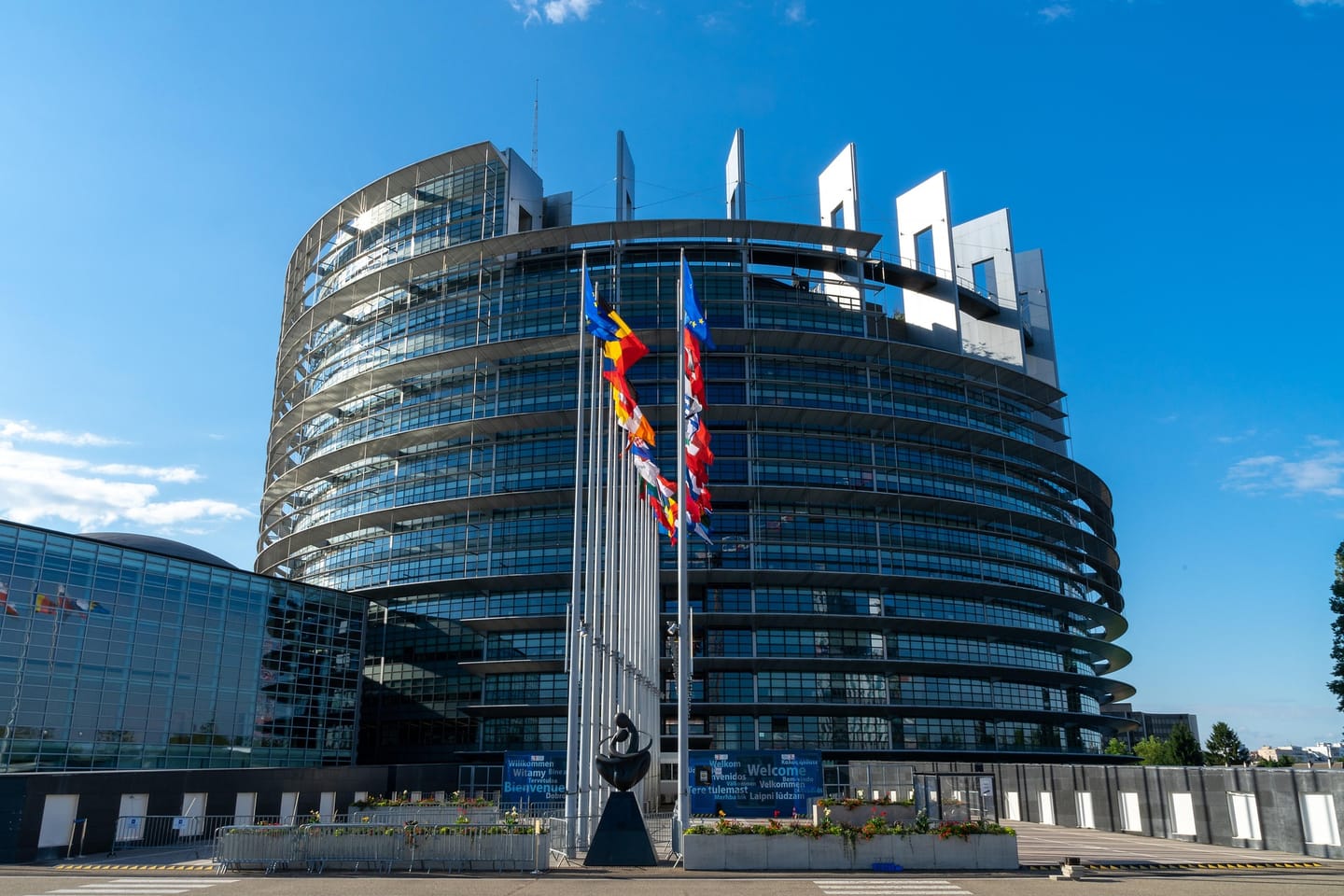US Big Tech Accepts EU's AI Rules
The European Commission has secured widespread support from US Big Tech and other AI leaders for its General-Purpose AI Code of Practice, a voluntary tool to ensure compliance with the EU's landmark AI Act. August 2, 2025, marked a new key date in the rollout of the EU&













